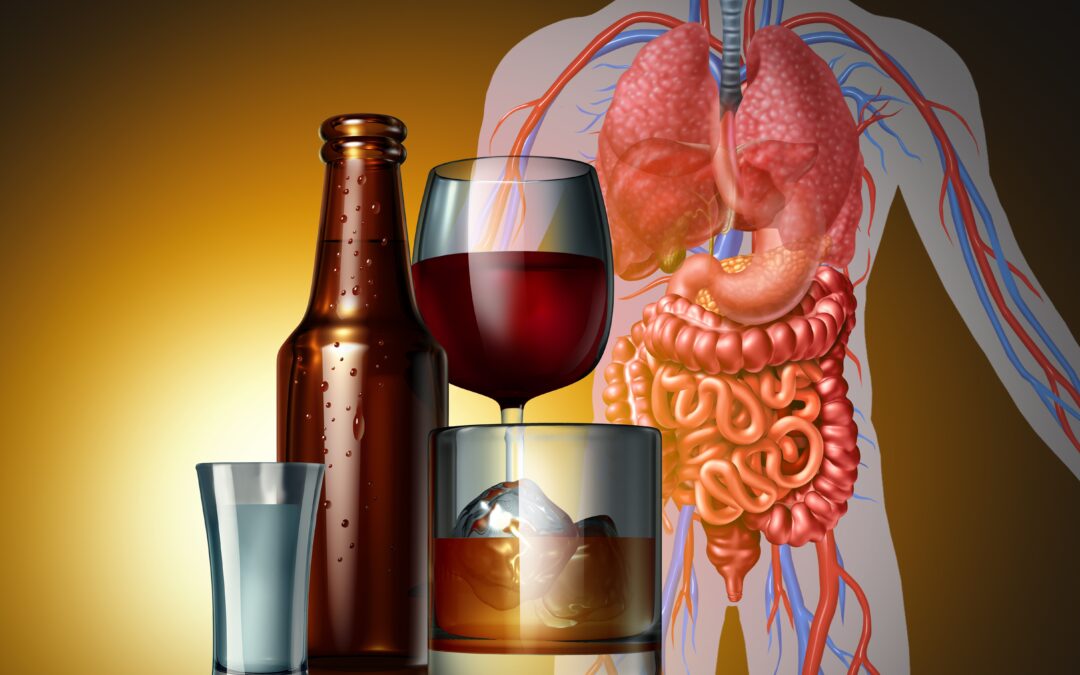Alcohol abuse is a pervasive issue with far-reaching consequences, affecting individuals of all ages, backgrounds, and walks of life. While alcohol may be socially acceptable and readily available, its misuse can lead to serious health issues, addiction, and profound personal and societal impacts. In this comprehensive blog post, we’ll explore the realities of alcohol abuse, offer practical advice and support for those struggling, and shed light on the serious health implications of alcohol misuse. By understanding the risks associated with alcohol abuse and seeking help when needed, individuals can take proactive steps towards recovery and reclaiming their health and well-being.
The Scope of Alcohol Abuse: Alcohol abuse encompasses a range of behaviors and patterns of consumption that pose risks to physical, mental, and social health. From binge drinking to chronic alcohol dependency, the spectrum of alcohol misuse can have profound effects on individuals and communities alike.
- Binge Drinking: Binge drinking is characterized by consuming large quantities of alcohol in a short period, typically resulting in intoxication. While occasional binge drinking may not seem harmful, repeated episodes can lead to acute alcohol poisoning, impaired judgment, and increased risk of accidents, injuries, and violence.
- Chronic Alcohol Dependence: Chronic alcohol dependence, or alcoholism, is a severe form of alcohol abuse characterized by physical and psychological dependence on alcohol. Individuals with alcohol dependence may experience withdrawal symptoms when attempting to quit or reduce their alcohol intake, leading to compulsive drinking behavior and a cycle of addiction.
- Social and Cultural Factors: Social and cultural factors play a significant role in alcohol abuse, with societal norms, peer pressure, and accessibility influencing patterns of consumption. Alcohol is often glamorized in media and entertainment, contributing to a culture of excessive drinking and normalization of alcohol misuse.
The Health Implications of Alcohol Abuse: The health implications of alcohol abuse are wide-ranging and can affect virtually every organ system in the body. From immediate effects to long-term consequences, the toll of alcohol misuse on physical and mental health is staggering.
- Liver Disease: Chronic alcohol abuse can cause liver damage and increase the risk of developing liver diseases such as fatty liver, alcoholic hepatitis, and cirrhosis. These conditions can progress to liver failure and significantly impact overall health and mortality.
- Cardiovascular Complications: Excessive alcohol consumption can lead to cardiovascular complications such as high blood pressure, irregular heart rhythms, cardiomyopathy, and an increased risk of heart attack and stroke. These effects can have serious implications for cardiovascular health and longevity.
- Mental Health Disorders: Alcohol abuse is closely linked to mental health disorders such as depression, anxiety, and suicidal ideation. Chronic alcohol misuse can exacerbate existing mental health conditions and impair cognitive function, leading to memory problems, confusion, and dementia.
- Gastrointestinal Issues: Alcohol abuse can damage the gastrointestinal tract, leading to conditions such as gastritis, ulcers, pancreatitis, and gastrointestinal bleeding. These complications can cause severe pain, digestive problems, and nutritional deficiencies.
- Cancer Risk: Alcohol consumption is a known risk factor for several types of cancer, including mouth, throat, esophageal, liver, breast, and colorectal cancer. Chronic alcohol abuse can increase the likelihood of developing cancer and contribute to poor treatment outcomes.
Advice and Help for Alcohol Abuse: If you or someone you know is struggling with alcohol abuse, it’s essential to seek help and support as soon as possible. Recovery is possible, and there are resources and strategies available to assist individuals in overcoming alcohol addiction and reclaiming their health and well-being.
- Acknowledge the Problem: The first step in overcoming alcohol abuse is acknowledging the problem and recognizing the need for change. Be honest with yourself about the impact of alcohol on your life and health, and take responsibility for seeking help.
- Reach Out for Support: Don’t be afraid to reach out for support from friends, family members, or professionals who can offer encouragement, guidance, and assistance. You don’t have to face alcohol abuse alone, and there are people who care about your well-being and want to help you on your journey to recovery.
- Seek Professional Treatment: Consider seeking professional treatment for alcohol abuse through a comprehensive addiction treatment program. Treatment options may include detoxification, counseling, therapy, medication-assisted treatment, and support groups tailored to the individual’s needs and goals.
- Develop Healthy Coping Mechanisms: Explore healthy coping mechanisms and strategies to manage stress, cravings, and triggers without resorting to alcohol. Engage in activities that bring joy and fulfillment, such as exercise, hobbies, spending time with loved ones, and practicing mindfulness and relaxation techniques.
- Stay Committed to Recovery: Recovery from alcohol abuse is a lifelong journey that requires commitment, dedication, and perseverance. Stay focused on your goals, prioritize self-care, and celebrate your progress along the way. Remember that setbacks are a natural part of the recovery process, and every step forward is a victory worth celebrating.
Conclusion: Alcohol abuse is a serious and widespread issue with profound implications for health, well-being, and quality of life. By understanding the risks associated with alcohol misuse, seeking help when needed, and taking proactive steps towards recovery, individuals can overcome addiction, reclaim their health, and build a brighter future free from the grip of alcohol abuse. Remember that recovery is possible, and support is available for those who are ready to take the first step towards healing and transformation.

